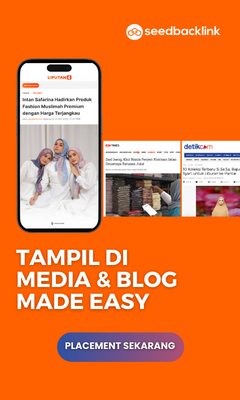


All about toys la pulak... aku ade minat this toy... well, for the enhancement of thinking and to create connections betwen the neurons... sebabnye...
Babies are born with most of the brain cells (neurons) they need. But just having these is not enough. If your baby is to learn to speak, walk, run, play, and become a bright, imaginative and loving child, their brain cells need to connect up with each other to form pathways and networks in the brain. It is these connections that enable your baby to see, hear, learn and think in a more developed way. As the brain connects up you will notice your child beginning to reach the milestones associated with child development, such as grabbing an object, learning to speak, crawling and walking.
Most of this development (85% of the brain's structure) will have happened by the time your child is only three years old. We now know that day to day experiences are responsible for shaping the brain. Her experiences of the world are what she sees, hears, feels, tastes and smells - trigger electrical activity in the brain enabling it to form these connections and grow.
Day to day experiences don't just create a background for early development and learning - they directly affect the way the brain is wired, its size, its capabilities and its limitations.
Your baby's brain development will reflect the quality and quantity of the experiences that she is exposed to. For example when your baby is touched with warmth and care, her brain is flooded with hormones. These enable her to form the connections that she needs to develop feelings of warmth, love and empathy towards others.
Similarly, talking and singing to your baby triggers the brain to start building the connections that she needs to develop language. As these experiences are repeated the connections, pathways and networks become permanently etched into your baby's brain.
The brain of an infant that has received stimulation, in a loving caring environment will be dense with these connections and pathways. By eight months of age the average infant, living in a stimulating, secure and loving environment, will have sparked 500 trillion connections. By the age of two she will have developed around 1000 trillion connections - twice as many as her parents. These connections lay the foundation for her adult life. They will affect the way that she thinks, learns, interprets, experiences and understands the world as an adult.
It is not just good experiences, however, that affect brain development. Your baby's brain development is equally vulnerable to poor quality experiences, neglect and abuse. And the repetition of these experiences can have long term and devastating effects.
Babies deprived of stimulating experiences and love have been found to have brains 20%-30% smaller than others of their age. This research has important implications for the way we parent. The way we treat our children in these early years of life has a definite and lasting impact.
"This new information about brain development is crucial to the well being of families and to the wellbeing of our nation," says Brainwave Trust Chairperson, Judy Bailey. "We now know we have a three year window of opportunity in which to give our children the best possible start...to set them on the road to a happy and productive life¡Klet's make that time count!"
So how do we make sure that our children get the best possible start? There are a variety of ways of raising bright, happy, well-rounded, secure, sociable children. Many parents and caregivers already provide the conditions that promote healthy brain development. Babies and children need care, time, attention and warm relationships. You can foster a stimulating, secure environment by:
- spending time interacting with her
- showing her love and affection
- smiling and having fun with her
- talking, reading and singing to her
- promoting safe opportunities for her to explore the world
- playing simple games
- encouraging movement
- responding to her needs by repeatedly responding physically to her cues.
- when hanging out the washing, give her pegs to play with, get her to pass them to you and name the colours as she does so, give her a container that she can put them in, count them etc
- give her a variety of objects to hold - warm, cold, soft, hard, different colours, different textures (just not too small or sharp!) - name them, talk about them
- when changing her nappy - let her kick with no clothes, tickle her tummy, rub it with massage oil, stroke her with a feather or a piece of soft cloth, talk to her, smile at her, give her lots of cuddles
- take her for walks in the park
- sing her nursery rhymes in the car
=> originated from littliesconz

Ages: 9 months +
Machine washable
=> inila toy yang aku sudah jatuh chenta tuh...






.jpg)






0 Comments